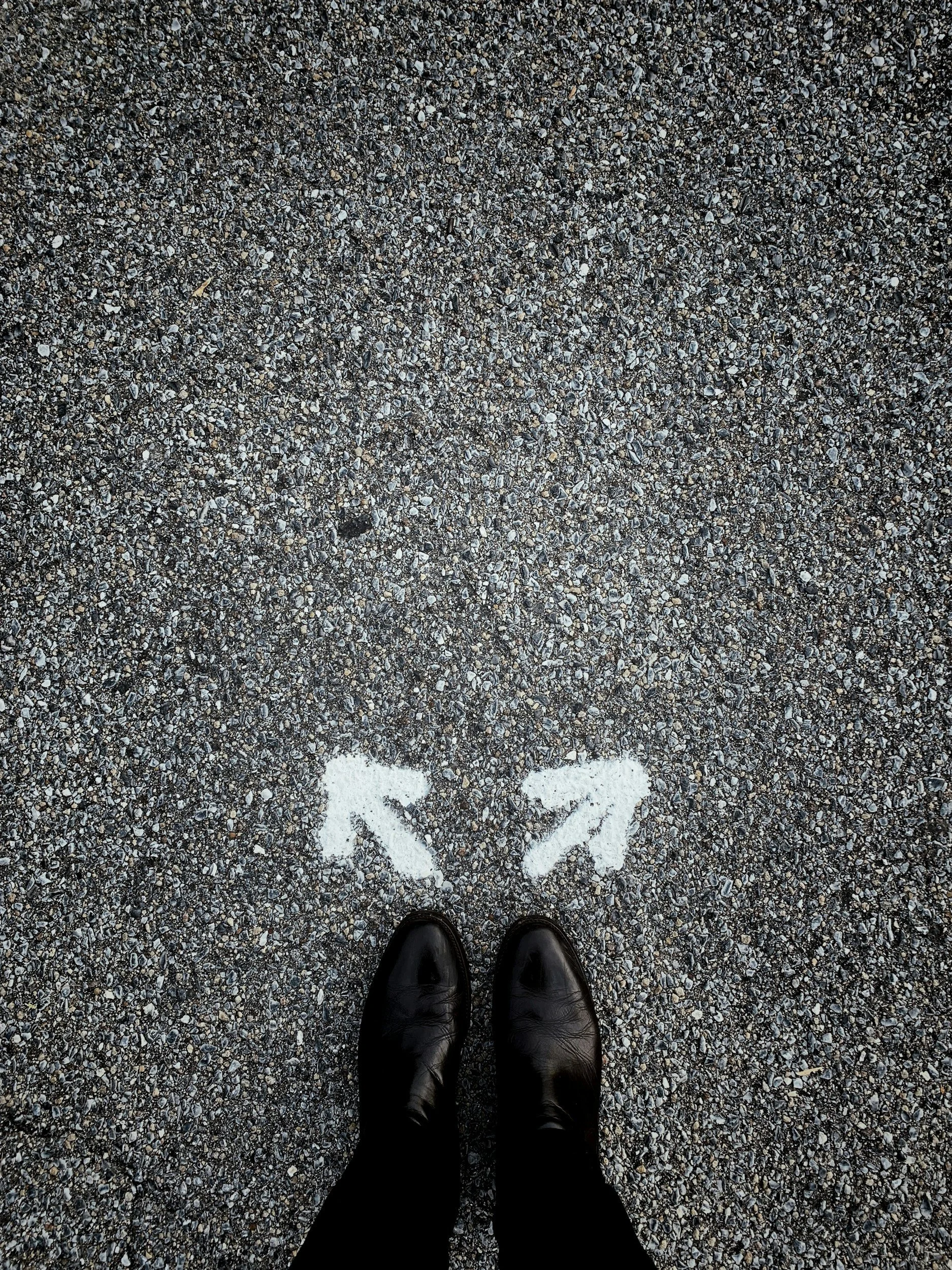choices
A lot of what we’ve been conventionally taught about how we arrive at our choices is… somewhat suspect. Rationality is more or less a myth of Western civilization — Descartes’ “I think, therefore I am” is an oversimplification at a time when rationality was the new kid on the block, replacing authoritarian dogma. As a social construct it was a significant improvement. Today, we have a lot more wisdom about how choices emerge.
What makes humans unique among animals is a combination of our ability to make up stories, and our ability to be social. The two influence each other significantly. As children, it is our job to make up stories about what reality is; logic doesn’t begin to develop in human brains until between 5 and 7. So we’ve spent over half a decade making up stories about what reality is before we even begin to develop a tool set to question and compare.
We often go through our lives living out these stories without question. Many of them are adequately functional. At least some of them are probably somewhere between sub-optimal & abysmally counter productive. These are what my methods help you address. It doesn’t matter what the circumstances were for their creation; they are addressed the same way: experientially.
real time
How many times have you had an experience where you were flummoxed in the moment, only to come up with the perfect action or response sometime later? I used to experience this all the time. It was maddening.
It often came with a powerful mix of emotions, often including anxiety, freeze response, getting knocked off center. It often involved being on the receiving end of aggressions or microaggressions.
The key to disentangling this resides in the emotional skills required to handle those emotions, so they are able to flow and not get backlogged and stuck.
new
As children, we are born into the world with the full potential of our humanity available to us. Through experiences, this range gets paired down over time, limited by family of origin stories, traumas, beliefs we created, or emotional burdens we chose to carry for those we loved — typically parents or other caregivers upon who’s good graces our survival was dependent.
Our subconscious is a huge database of experiences and emotions. When it finds an experiential match, it serves those very same emotions up to us because hey - it ‘worked’ last time, right? We survived! Survival is important, no question about it. And, after successfully surviving, life goes on.
The only way out is through. In order to edit that database, we have to access the bits in there that require changes. There’s a skill to this and it involves communication between your conscious mind and subconscious. Subconscious doesn’t work the same way that our conscious mind works; for example, it doesn’t understand negation. While our subconscious only understands existence, it also understands transformation. Indeed, the only way out is through: we have to face the event-emotion combination in a container facilitating curiosity so that new insights and new event-emotion pairs can be formed, overwriting the existing data.


